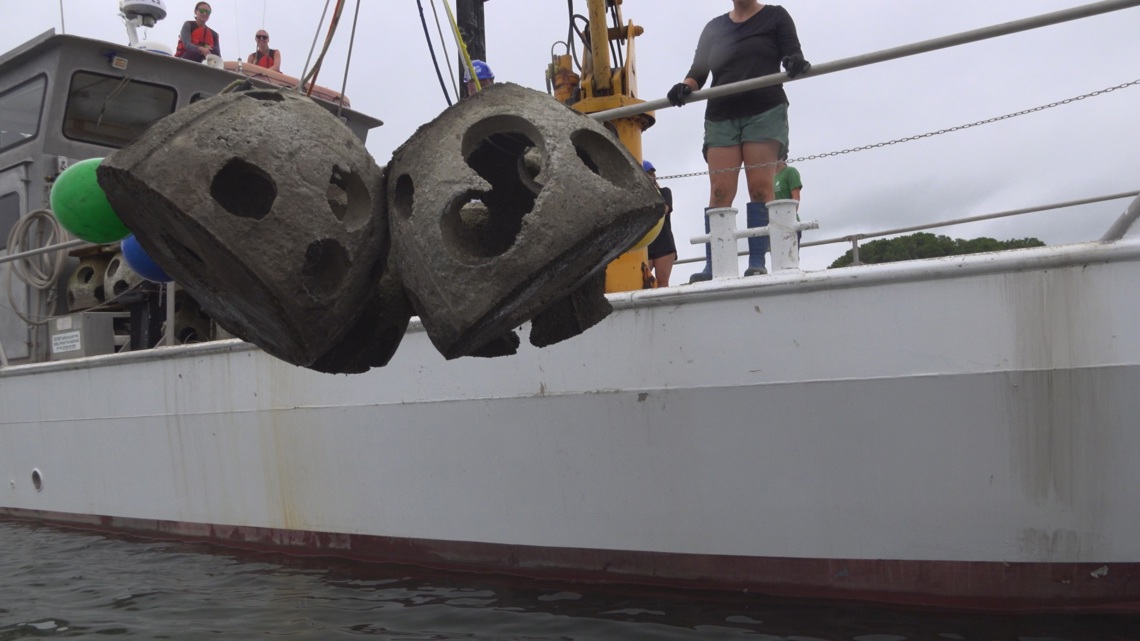Climate's Battleground: When Environmental Crises Collide with Global Conflicts

The intricate relationship between armed conflicts and climate change reveals a complex and deeply interconnected global challenge. As our planet faces unprecedented environmental transformations, the ripple effects of climate change increasingly fuel geopolitical tensions and exacerbate existing conflicts.
Climate change acts as a powerful threat multiplier, creating conditions that heighten the risk of social and political instability. Scarce resources like water, arable land, and food become critical flashpoints, driving competition and potential confrontations between communities and nations. Regions experiencing severe drought, extreme weather events, and environmental degradation are particularly vulnerable to conflict escalation.
Developing nations often bear the brunt of these environmental and security challenges. Diminishing agricultural productivity, forced migration, and economic disruption can create fertile ground for social unrest and potential violent conflicts. The competition for dwindling resources becomes a catalyst for heightened tensions, pushing vulnerable populations towards desperate measures.
Moreover, the military and security sectors are increasingly recognizing climate change as a significant strategic threat. National defense strategies now incorporate climate risk assessments, acknowledging that environmental shifts can destabilize entire regions and trigger complex humanitarian crises.
Understanding this intricate relationship demands a holistic approach. Addressing climate change requires not just environmental interventions, but also robust diplomatic efforts, sustainable development strategies, and proactive conflict prevention mechanisms. Only through comprehensive, collaborative global action can we hope to mitigate the potential for climate-induced conflicts and build more resilient, peaceful societies.








